The Vietnam Association of Seafood Exporters and Producers (VASEP) has just sent Official Dispatch No. 31/CV-VASEP to the ministries and branches: Finance, Justice, Planning and Investment; the Advisory Council for Administrative Procedure Reform and the General Department of Taxation to comment on the draft revised Law on Value Added Tax and the draft Decree detailing the revised Law on Value Added Tax.
Accordingly, with the regulation on value added tax rate for exported services, as stipulated in Clause 1, Article 9 of the draft, all exported services will apply 10% value added tax except for some services specified in detail in this clause.
According to VASEP, this regulation is unreasonable because according to international practice, other countries apply a 0% tax rate for exported services and allow businesses to receive input tax refunds. At the same time, these countries often apply the principle of businesses self-declaring and self-responsibility, while tax authorities inspect, check, detect and handle violations.
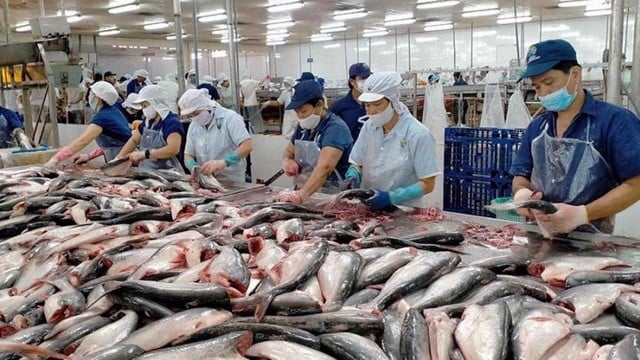 |
| Applying a 10% tax rate to export services will put businesses at a disadvantage. |
"Imposing value-added tax on exported services is inconsistent with world practices and trends, increases costs, and reduces the competitiveness of exported goods compared to other countries," VASEP stated.
In addition, when applying value added tax to export services, domestic manufacturing enterprises are still entitled to deductions. In fact, the tax refund procedure will be even simpler because it is deductible for export services. This tax deduction mechanism is very good.
“However, for export processing enterprises, which are not subject to tax declaration, they do not have a mechanism to receive tax refunds. Therefore, applying tax on export services causes inequality between export processing enterprises and domestic production enterprises, because both are enterprises producing export products, but one party is entitled to deduct tax on export services, the other party is not entitled to deduct. At the same time, when applied to export processing enterprises, it is contrary to the principles of tax collection and taxable subjects,” VASEP pointed out the inadequacies.
According to the analysis of this Association, for processing enterprises, all taxes payable will have to be included in the cost. This leads to the cost of exported products being increased significantly.
As a result, Vietnamese manufacturing enterprises are less competitive than their competitors in other countries, reducing export turnover. As a result, they cannot retain current investors as well as attract new investors due to tax policies that are less favorable than those in other countries.
Vietnam is a country with an export-oriented economy . Since the reform period, commodity exports have always been an important growth driver for the country, with an average growth rate of nearly 15% per year.
“This result cannot be achieved without mentioning the role of simplifying customs procedures for export processing enterprises by considering export processing enterprises as duty-free zones, helping enterprises reduce customs procedures and processes, and enterprises carry out import and export of goods and services in large volumes quickly. This is a superior, competitive and very good mechanism of the Vietnamese Government in attracting investment compared to other countries. Therefore, applying value-added tax on export services not only reduces the competitiveness of export products of export processing enterprises but also creates more tax procedures for export processing enterprises. This also goes against the Government's policy of encouraging investment, encouraging exports and improving national competitiveness,” VASEP stated.
In light of the above shortcomings, VASEP proposes to maintain the tax regulations for export services enjoying a 0% tax rate as currently regulated. At the same time, assign the Ministry of Finance to guide the method of classifying export services and domestic consumption services.
Source


![[Photo] Solemn opening of the 12th Military Party Congress for the 2025-2030 term](https://vphoto.vietnam.vn/thumb/1200x675/vietnam/resource/IMAGE/2025/9/30/2cd383b3130d41a1a4b5ace0d5eb989d)

![[Photo] General Secretary To Lam, Secretary of the Central Military Commission attends the 12th Party Congress of the Army](https://vphoto.vietnam.vn/thumb/1200x675/vietnam/resource/IMAGE/2025/9/30/9b63aaa37ddb472ead84e3870a8ae825)
![[Photo] President Luong Cuong receives President of the Cuban National Assembly Esteban Lazo Hernandez](https://vphoto.vietnam.vn/thumb/1200x675/vietnam/resource/IMAGE/2025/9/30/4d38932911c24f6ea1936252bd5427fa)
![[Photo] Panorama of the cable-stayed bridge, the final bottleneck of the Ben Luc-Long Thanh expressway](https://vphoto.vietnam.vn/thumb/1200x675/vietnam/resource/IMAGE/2025/9/30/391fdf21025541d6b2f092e49a17243f)
![[Photo] The 1st Congress of Phu Tho Provincial Party Committee, term 2025-2030](https://vphoto.vietnam.vn/thumb/1200x675/vietnam/resource/IMAGE/2025/9/30/1507da06216649bba8a1ce6251816820)
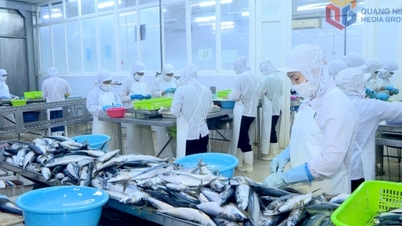





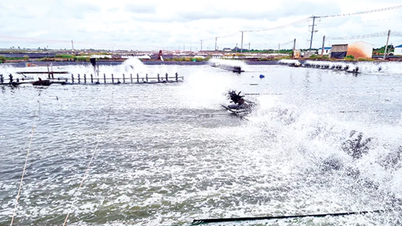





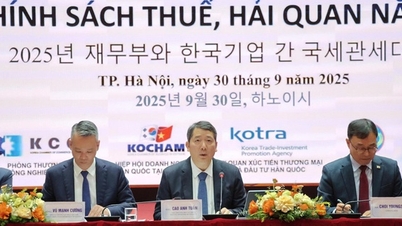






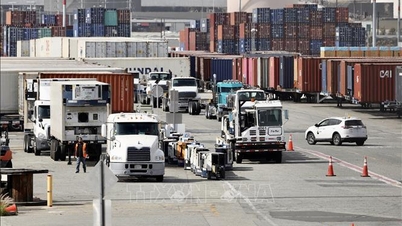






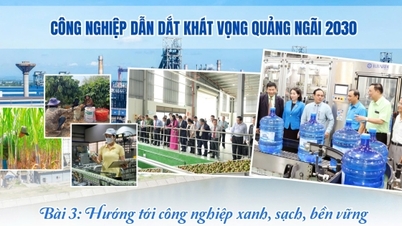
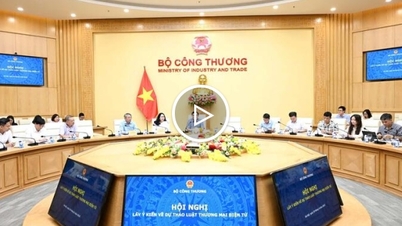

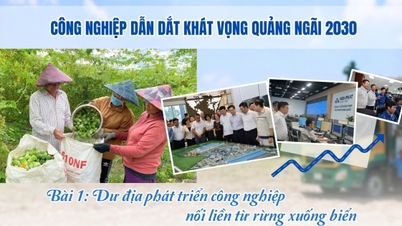
















































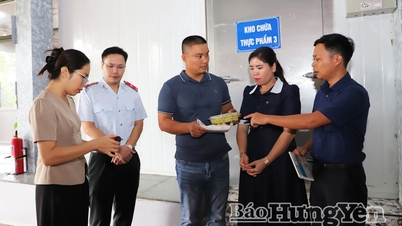
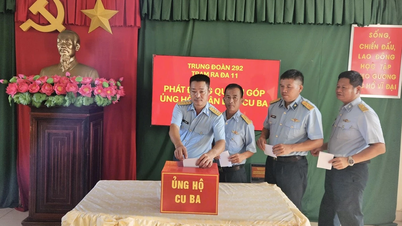

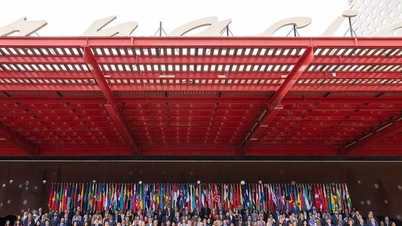













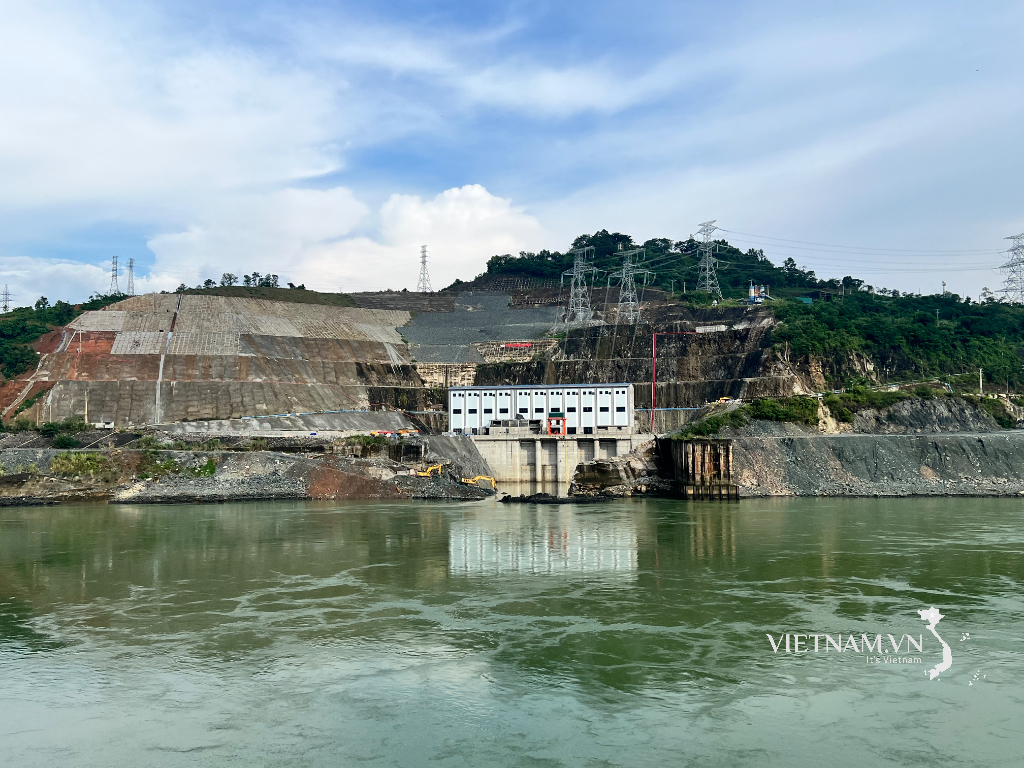


Comment (0)